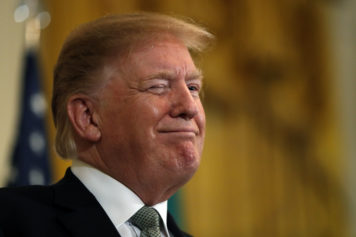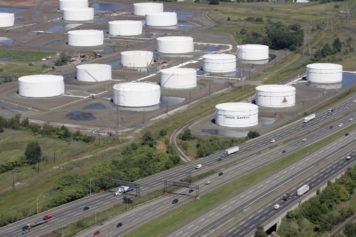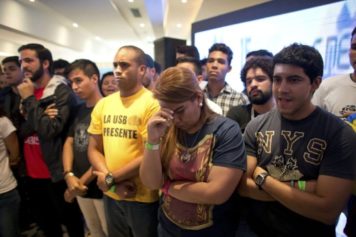Even with Venezuelan President Hugo Chavez out of the country because of cancer surgery in Cuba, his Socialist Party still scored big wins in Venezuela’s local elections yesterday, increasing the number of states the party controls from 18 to 20.
The two additional states Chavez’s party picked up are strategically important—Zulia is the locus of Venezuela’s oil sector, while Carabobo is the center of the nation’s industrial region.
Chavez’s opposition had something to celebrate as well, as opposition leader Henrique Capriles held on to the governorship of Miranda, despite a challenge from former Vice-President Elias Jaua. During the election in October, Chavez won 54.4 percent of the vote, compared to 45 percent for Capriles.
But turnout for yesterday’s state elections were only 53 percent, far below the 80 percent who turned out for the presidential election in October, which gave a major boost to Chavez’s democratic credentials despite the accusations of dictator-like voter intimidation.
As surgeons in Cuba were beginning the “pre-operation protocol” last week to remove Chavez’s cancer, there were tears in Caracas as Vice President Nicolas Maduro broke down during a rally for Chavez.
“Chávez has a nation, he has all of us, and he’ll have all of us forever in this battle,” Maduro said, wiping away tears while speaking to supporters. “Even beyond this life, we’re going to be loyal to Hugo Chávez.”
Before he left Venezuela, Chavez gave a speech in which he said he may not be able to serve his fourth term because he must undergo his fourth surgery and treatment. He practically pleaded with the populace to choose his vice president and confidant Maduro, 52, the former bus driver, as his successor.
If “some circumstance” should prevent him from completing his term or starting his next one, Chavez said, Maduro should not only complete the current term but also be elected president to replace him, “in my firm, irrevocable, absolute and total opinion.… This I ask you from the heart.”
The Venezuelan constitution dictates that if Chavez resigns or dies, his vice president would have to be elected in a new election called by Congress. Maduro would likely face a strong challenge from Diosdado Cabello, president of the National Assembly and a former army comrade of Chavez’s, and also opposition candidate Henrique Capriles, who was beaten soundly by Chavez in October and who is running for governor of Miranda state in Sunday’s state and local elections.


